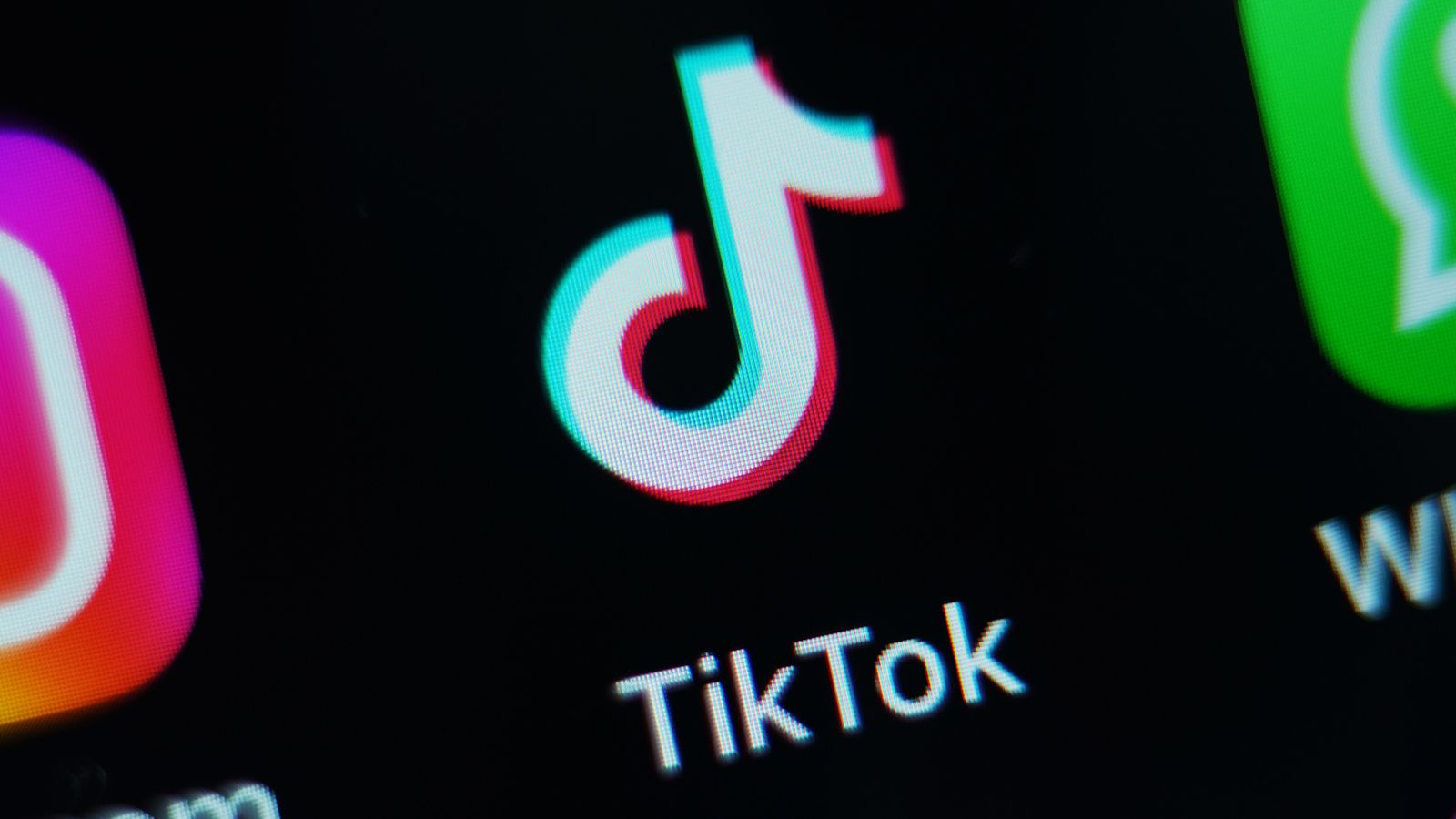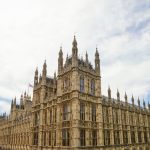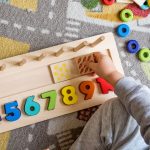The government should use TikTok to help combat misinformation directed at young people, a group of MPs has said.
Members of the cross-party Culture, Media and Sport Committee said ministers need to adapt to new apps and platforms that appeal to those who are increasingly turning away from traditional news sources.
The call comes despite the app being being banned from official electronic devices and the UK Parliament’s network.
Politics live: Rishi Sunak vows to secure high-paid jobs for veterans
According to data from Ofcom, one in 10 people aged between 12 and 15 cite TikTok as their main source of news, while 71% of 16 to 24-year-olds use social media instead of or in addition to news websites.
The recommendation from MPs is part of a wider report published on Friday that calls for more use of “trusted voices” such as scientists and doctors to communicate important information and combat conspiracy theories and other misinformation spreading on social media.
Police launch investigation into Labour deputy leader Angela Rayner
Politics latest: Rishi Sunak vows to secure high-paid jobs for veterans; nuclear deterrent the ‘bedrock’ in Labour plans to keep UK safe
A dysfunctional week for the Tories and Labour amid honeytrap scandal and ‘tax dodging’ claims
The report said new apps like TikTok are “rapidly become major players, shifting audience habits but also fragmenting the sources the public use for information”.
It added: “The government must have a clear strategy for communicating with young people and adapting to the development of new apps and platforms which appeal to this audience.”
During the course of its inquiry, the committee heard from BBC disinformation editor Rebecca Skippage, who said broadcasters needed to be “in those (social media) spaces” and learn from “the disinformation merchants because they are extremely good at getting people’s attention”.
MPs also heard from consumer champion Martin Lewis, who said he had started using TikTok in response to “balderdash” produced by other users of the platform.
TikTok is under pressure in many countries over its links to the Chinese state – which it has always denied.
Please use Chrome browser for a more accessible video player
Some MPs still use TikTok despite the ban, with Defence Secretary Grant Shapps being a noted enthusiast for the platform.
His account, with more tha20,000 followers, is handled by his constituency staff, who use their devices, sources close to him said last year.
In defence of the use, Mr Shapp’s spokeswoman said he is “concerned that representatives of the people who deliberately choose not to engage with the public on the platforms that they actually use are unlikely to continue to represent these voters for long”.
The Ministry of Defence operates a separate account which has about 17,500 followers and is managed using third-party software, in order to communicate with British troops around the world.
Read More:
How ‘TikTok idiots’ disrupt police investigations
Is TikTok getting banned?
Along with developing a strategy for engaging young people on the platforms they use, the committee urged the government to make more use of “the vast number of experts it employs”, building on the role played by Sir Chris Whitty and Sir Patrick Vallance during the COVID pandemic.
Committee chairwoman Dame Caroline Dinenage said the government is “missing a trick” in not giving the experts a larger public role “in the battle to counter misinformation”.
TikTok endorsed the committee’s findings, saying: “We welcome this report’s recommendation that the government should engage with the public on whatever platform they choose to use.”
A government spokesperson said a “range of channels” are used to reach people directly on platforms they spend the most time on, “including those which attract younger audiences”.
“Once implemented the Online Safety Act will also help tackle the root cause of disinformation by requiring social media platforms to swiftly remove illegal misinformation and disinformation as soon as they become aware of it,” the spokesperson added.






















